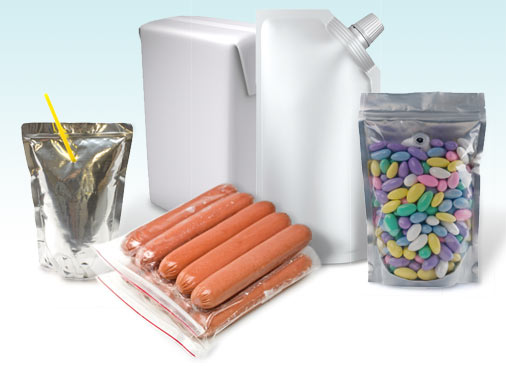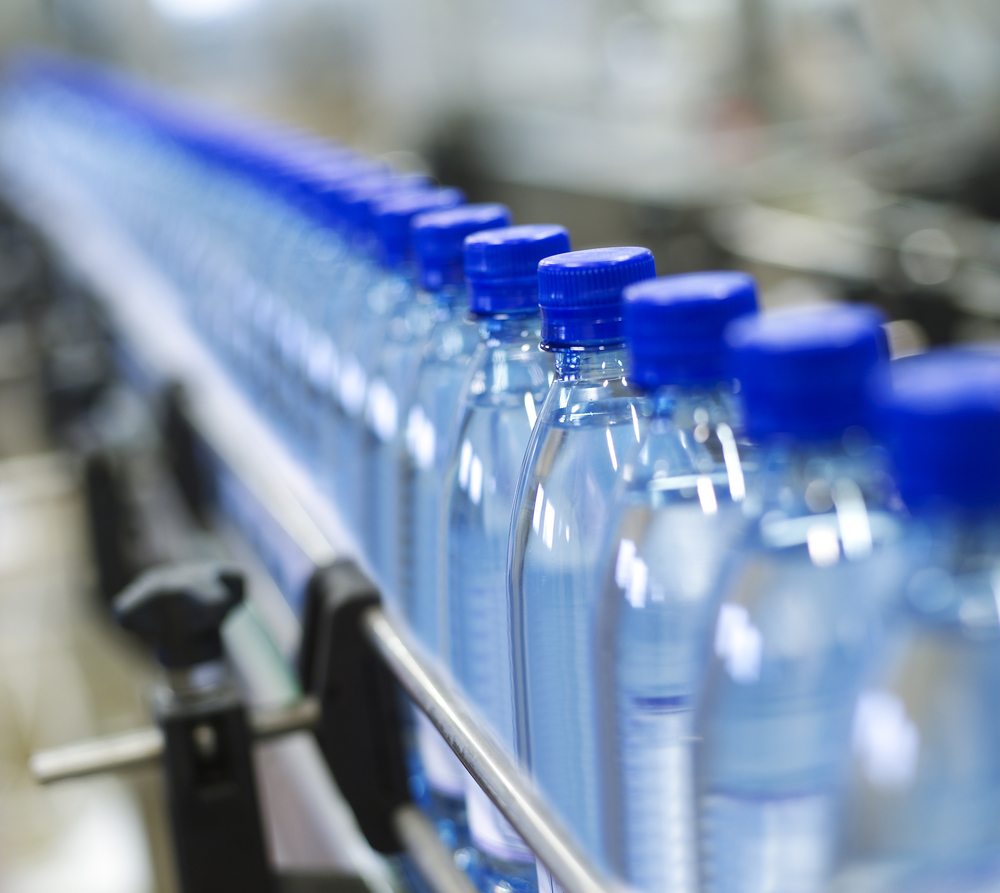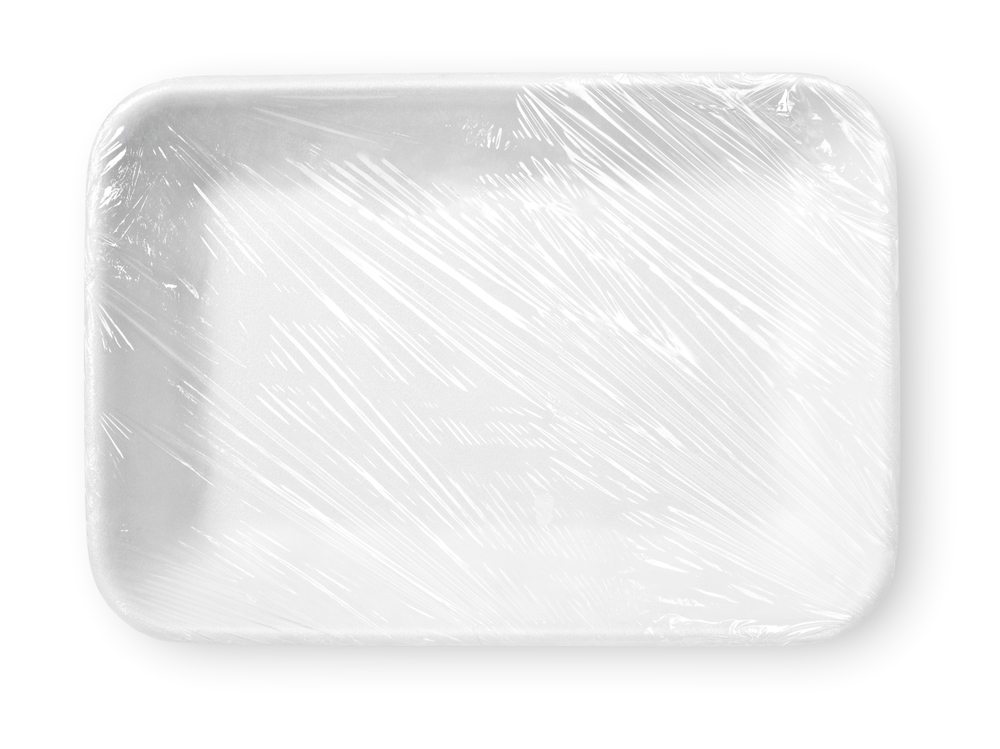 A European Union panel has approved the use of Starlinger de-contamination technology to recycle post-consumer PET into 100 percent-recycled-content food and beverage packaging.
A European Union panel has approved the use of Starlinger de-contamination technology to recycle post-consumer PET into 100 percent-recycled-content food and beverage packaging.

 A European Union panel has approved the use of Starlinger de-contamination technology to recycle post-consumer PET into 100 percent-recycled-content food and beverage packaging.
A European Union panel has approved the use of Starlinger de-contamination technology to recycle post-consumer PET into 100 percent-recycled-content food and beverage packaging.
 A European scientific panel has given its approval to a pair of industry proposals related to recycling PET into food packaging.
A European scientific panel has given its approval to a pair of industry proposals related to recycling PET into food packaging.
Continue Reading
 A revised guide released by the Association of Plastic Recyclers represents the industry’s latest attempt to educate packaging designers on the realities of recyclability.
A revised guide released by the Association of Plastic Recyclers represents the industry’s latest attempt to educate packaging designers on the realities of recyclability.
 The Association of Plastic Recyclers expended significant efforts last year updating its APR Design Guide for Plastics Recyclability, a reference tool helping designers create recycling-friendly packaging and products.
The Association of Plastic Recyclers expended significant efforts last year updating its APR Design Guide for Plastics Recyclability, a reference tool helping designers create recycling-friendly packaging and products.
 How successful are existing sortation systems at separating flexible packaging? New research aims to answer that question.
How successful are existing sortation systems at separating flexible packaging? New research aims to answer that question.
 As recycled resin markets struggle, San Francisco leaders have called for a statewide bill mandating at least 25 percent recycled content in all single-use plastic beverage containers.
As recycled resin markets struggle, San Francisco leaders have called for a statewide bill mandating at least 25 percent recycled content in all single-use plastic beverage containers.
 Industry innovators, here’s a chance for some valuable exposure.
Industry innovators, here’s a chance for some valuable exposure.
The Association of Plastic Recyclers spotlighted five recycled-product innovations and one educational effort at the group’s first Plastic Recycling Showcase this week.
 The California legislature passed a bill requiring beverage companies to publicly report the amount of post-consumer PET they use. And a separate piece of legislation sent to the governor extends a plastics-recycling subsidy programs for one year.
The California legislature passed a bill requiring beverage companies to publicly report the amount of post-consumer PET they use. And a separate piece of legislation sent to the governor extends a plastics-recycling subsidy programs for one year.
 A growing number of Canadian residents can now recycle plastic film and expanded polystyrene, two materials that have lagged behind plastic containers in terms of recycling access.
A growing number of Canadian residents can now recycle plastic film and expanded polystyrene, two materials that have lagged behind plastic containers in terms of recycling access.
